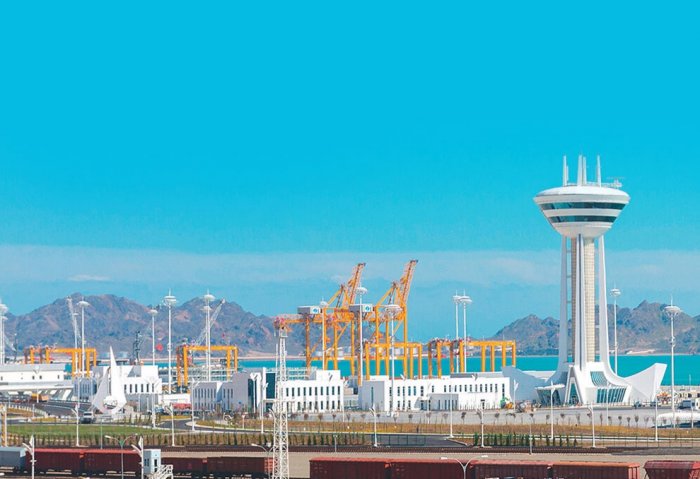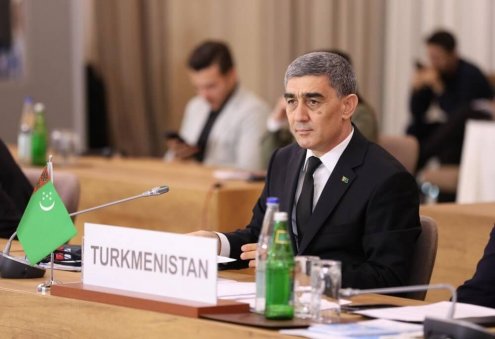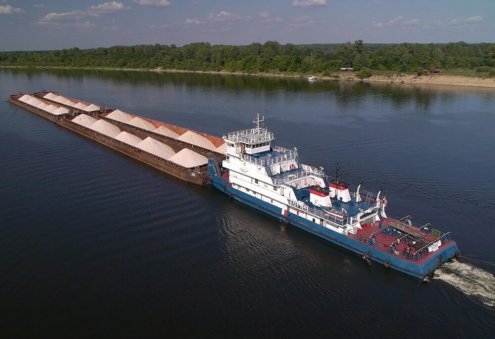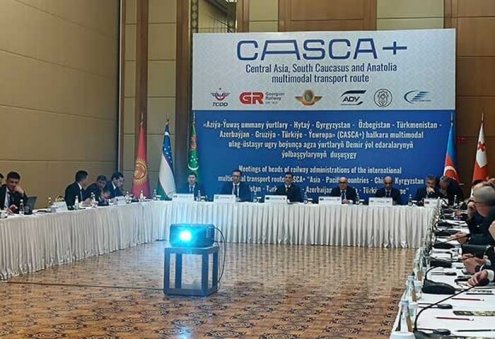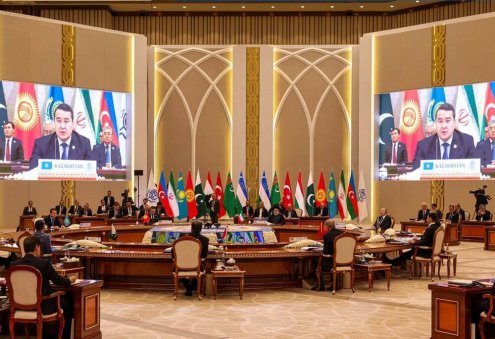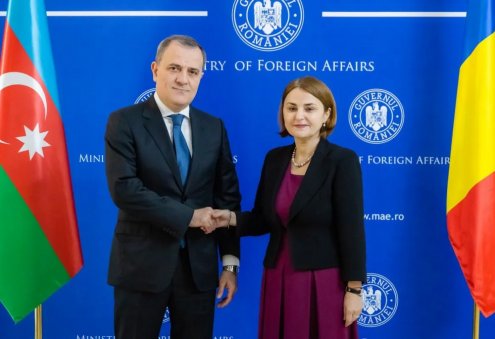Turkmenistan, Azerbaijan and Kazakhstan are well on track to strengthen their green ports and connectivity in the Caspian Sea region under the OSCE project launched last Friday in Baku. Realization of the project, prepared by the Office of the Co-ordinator of OSCE Economic and Environmental Activities, is expected to contribute to the diversification of energy supplies from the ports of Turkmenistan, Azerbaijan and Kazakhstan, as well as the connection of the Central Asian states to the EU markets via the Caspian Sea.
According to the press release by the OSCE Secretariat in Vienna, feasibility studies, expert workshops and delegation visits to leading international green ports will explore how to make best use of renewable energy, digitalization and trade and transport facilitation to promote sustainable connectivity. The project will be implemented in partnership with the European Bank for Reconstruction and Development (EBRD), the United Nations Economic Commission for Europe (UNECE) and leading private sector experts.
Turkmenistan, Azerbaijan and Kazakhstan also plan to establish a digital platform to facilitate data exchange between their Caspian Sea Ports which will benefit from reduced border crossing times and enhanced cooperation between agencies.
“The co-operation between the Port of Baku and the OSCE, and the sister ports of the Caspian region which starts today is another crucial step in administering further environmental protection and accelerating more efficient and timely data exchange in the Caspian region,” said the Director-General of the Port of Baku, Dr Taleh Ziyadov during a workshop on digitalization on the day of project kick-off.
The Co-ordinator of OSCE Economic and Environmental Activities, Vuk Žugić, noted that renewable energy and energy efficiency are part of the answer to reduce the environmental footprint of the way we produce and consume energy.
Daniel Kroos, OSCE Energy Security Senior Programme Officer, said that economies in the region are likely to experience significant economic growth over the coming decades, sparked by growth in Asia.
“The growing interdependence and stronger economic relations in the region provide an opportunity for increased collaboration on international and regional security and the need for a comprehensive approach encompassing energy, digital aspects and transport infrastructure to accommodate the fast-growing trade between Asia and Europe,” Kroos added.
The Turkmenbashi International Seaport is the main passenger harbour and cargo port in Turkmenbashi, Turkmenistan. Regular lines serve routes to Baku (Azerbaijan), Aktau (Kazakhstan) and Astrakhan (Russia). It is the largest seaport in Turkmenistan.
The port has great geopolitical importance in Eurasia. Being on the trade route Europe-Caucasus-Asia (TRACECA), it is able to accommodate vessels throughout the year, around the clock to carry out loading and unloading operations. The port is a "sea gate", linking Central Asia to Europe by sea, road and rail routes and serves as a major transit hub in the region.

